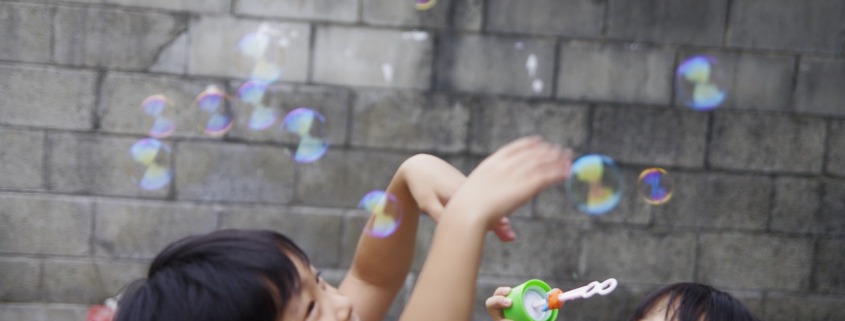Why does my child keep asking why?
Preschoolers are overflowing with questions, many of them beginning with: why? Why is the sun hot? Why does kitty eat? Why are you cleaning the floor? Answers are usually responded to with more questions. Why, why, why? The question is: why do preschoolers ask why so often? The whys seem to be a universal stage so asking why must be important developmentally. Obviously, preschoolers have a lot to learn about the world so it makes sense, I think, if at least some of the whys are motivated by a desire for more information. Asking questions, particularly about what someone is doing, can also be a way to connect with another person and start an interaction. So, I also think it would make sense if at least some of the whys are aimed at beginning a conversation with us. But, I think, neither of these explanations goes far in explaining the tidal wave of whys that is the preschool years. After all, school age children also have a lot to learn about the world and a desire to interact with us, and while of course they do ask questions they no longer drill their parents relentlessly with whys as younger children do. I think that the skill preschool children are acquiring with all of their whys is reason-giving itself. Reason-giving, or attributing causality, is actually pretty complex. Consider, there are actually several different types of causes and different causes are used for different things. So, for people and animals we give intentional explanations, we attribute cause to mental and emotional states. ‘Why did kitty scratch me?’ ‘Because kitty was angry’ For man-made objects we give teleological explanations, we attribute cause to purpose. ‘Why is a knife sharp?’ ‘So we can cut food with it’ For the nonliving, natural world, we give physical causal explanations, we attribute cause to past physical events and natural laws. ‘Why has my paint turned green?’ ‘Because the blue and yellow paint mixed together and blue and yellow make green.’ Children need to learn to give the right kind of explanation for the right kind of thing. They also need to learn, with intentional explanations, the kinds of reasons we deem socially-acceptable. So, while ‘because kitty was angry’ is a perfectly acceptable explanation for why kitty scratched a child, ‘because I was angry’ is not considered an acceptable reason for a child to scratch another child. Tricky, huh? There’s another level of complexity too. How far back in the casual stream do you need to go in order to give a sufficient explanation? So, the answer to the question ‘why are you putting food into kitty’s dish?’ is ‘because kitty is hungry’ not ‘because fifteen years ago I visited the RSPCA and adopted a kitten’ or even ‘because four billion years ago life evolved from the primordial soup on the planet we call Earth’ even though all of these events were a necessary part of the causal history leading up to the moment of putting food into a cat bowl on a particular evening. We actually assume quite a lot about the world as we give reasons for one particular event, and knowing what we can assume and what we can’t is a pretty tricky business. I think this is the reason why, in preschoolers, the whys just keep coming. They don’t know how far up the casual stream to tread. So, if I’m right and the tidal wave of whys is about understanding reason-giving itself, how should we respond? Firstly, answer. Give your child the best answers you’ve got, remembering that your child is learning not just the information you are providing but how to give explanations. You can also reflect the question back to your child, that is, ask her what she thinks the answer is. This gives her the opportunity to try out her reasoning-giving skills. But above all, we should respond with patience and a bit of wonder. We are watching our child learn a pretty incredible skill. Apply it to your life: Does your child corner you with ‘whys’? Why do you think that happens? References: Frazier, BN., Gelman, SA., Wellman HM. (2009). Preschoolers’ search for explanatory information within adult-child conversation. Child Development, 80 (6), 1592-611. Keleman D. (1999). Why are rocks pointy? Children’s preference for teleological explanations of the natural world. Developmental Psychology, 35 (6), 1440-52.






Leave a Reply
Want to join the discussion?Feel free to contribute!